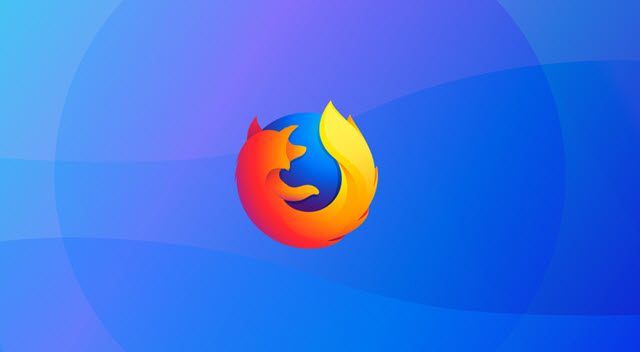Mozilla Firefox continuously approaching to the better surfing experience. Mozilla’s development team has tackled the practices of various web applications and services that violate users’ privacy and today announced that Mozilla will soon block web crawlers by default.
Such a decision is part of a series of updates that will come in the coming months and is one of the smartest and one of the most proactive approaches for the browser that helps to protect users’ privacy. In an advertisement, published on Mozilla’s blog:
“It is easy to see some of the negative effects of unmarked tracking, i.e. particularly mysterious targeted advertising and a loss of performance on the web. The drawbacks of untested data collection are however completely opaque for users and experts and are only discovered gradually by major data breaches.”
In this sense, Mozilla ensures that web crawlers will be disabled by default in the future and users will be able to choose the information they want to share with different websites. Mozilla also mentioned its intention to improve browser performance because many of these web crawlers slow down website load times to gather data better.
It also said that it will analyze the impact of crawlers that will reduce site load times from September, and Mozilla version 63 will enable this feature by default, and also remove cookies and block third-party tracking content storage, which will be tested in the next version of the browser and will definitely be implemented from Firefox 65.
On the other hand, Mozilla said it is looking for ways to prevent as a default, which is most difficult to detect such practices as fingerprint capture, which recognizes what kind of device users use without their consent, in addition to the miners of crypto coins in the form of malware, which take advantage of the hardware resources of computers and mobile phones of users.
However, in my personal experience, Mozilla Firefox is far behind Google Chrome in almost all respects.
